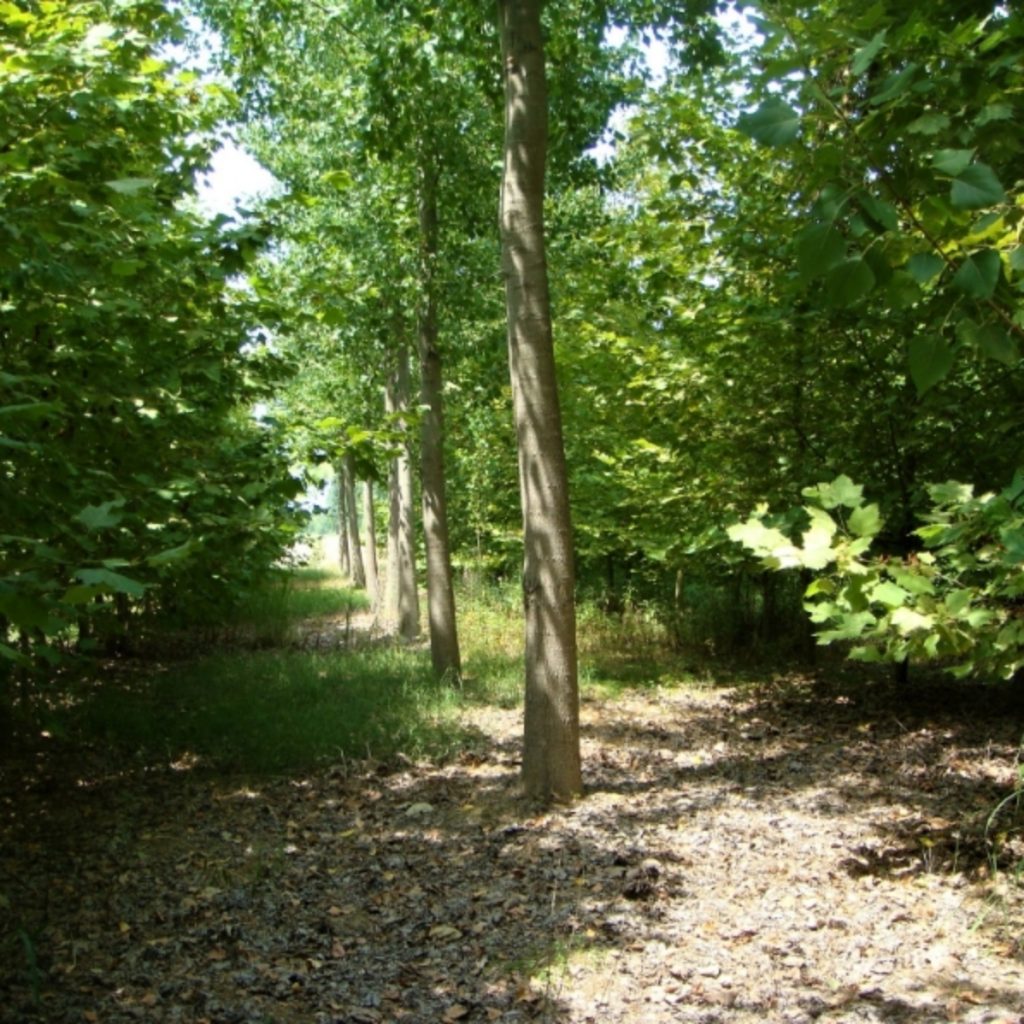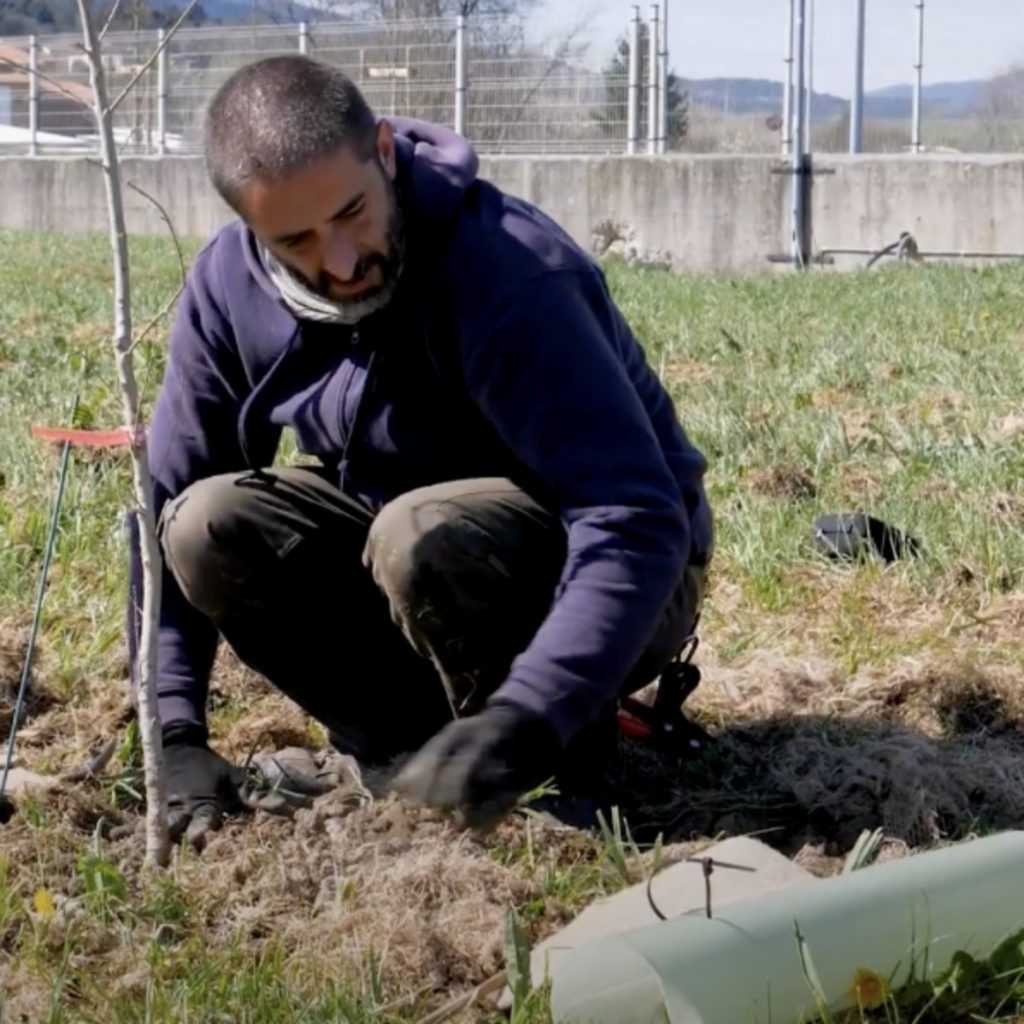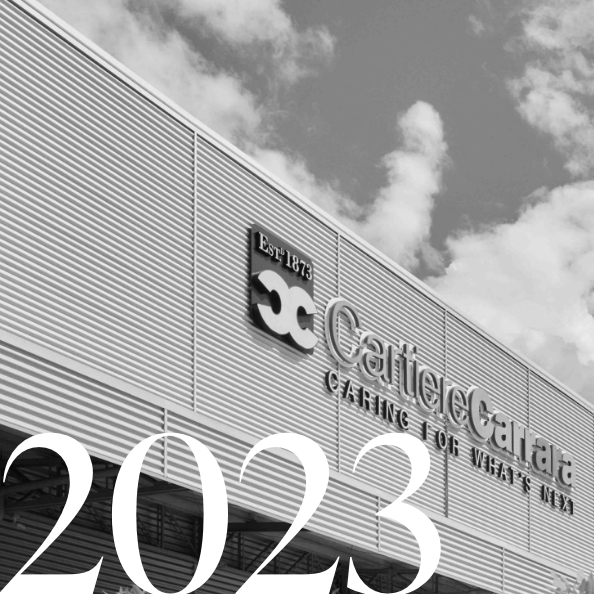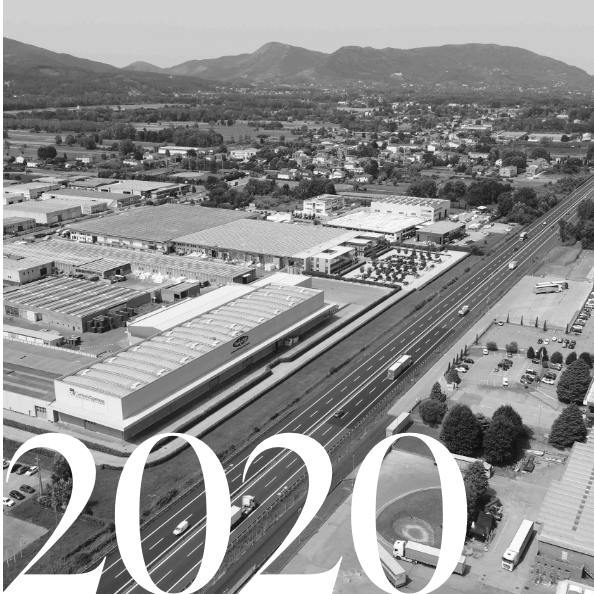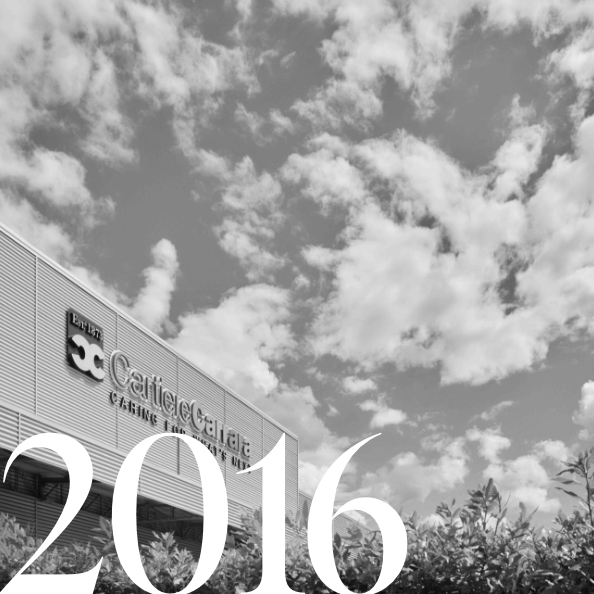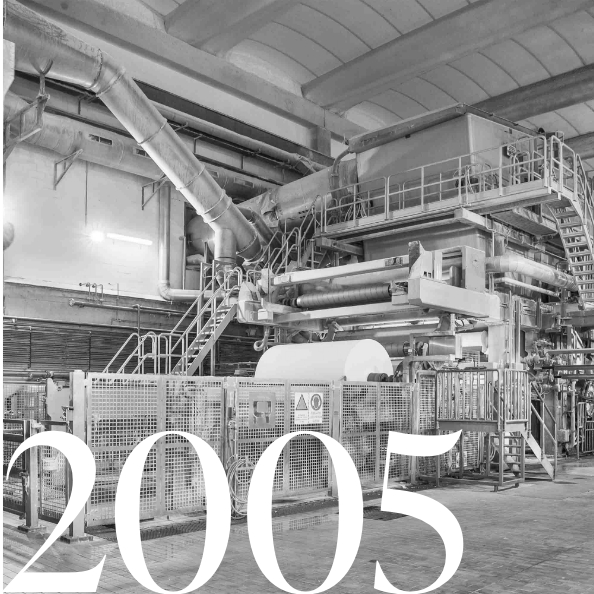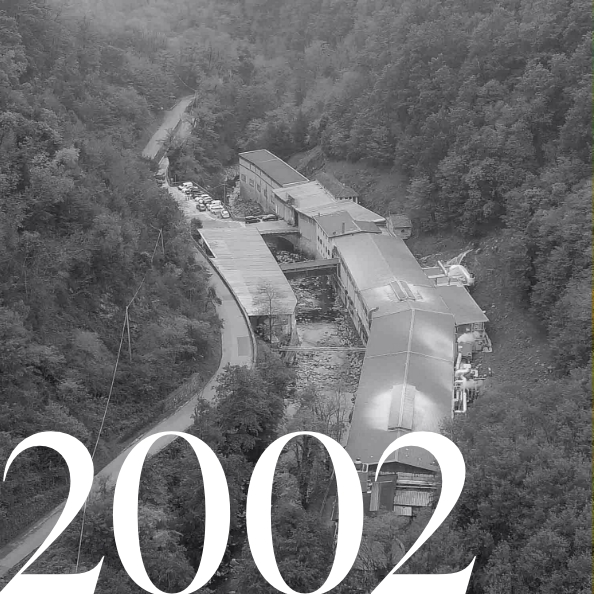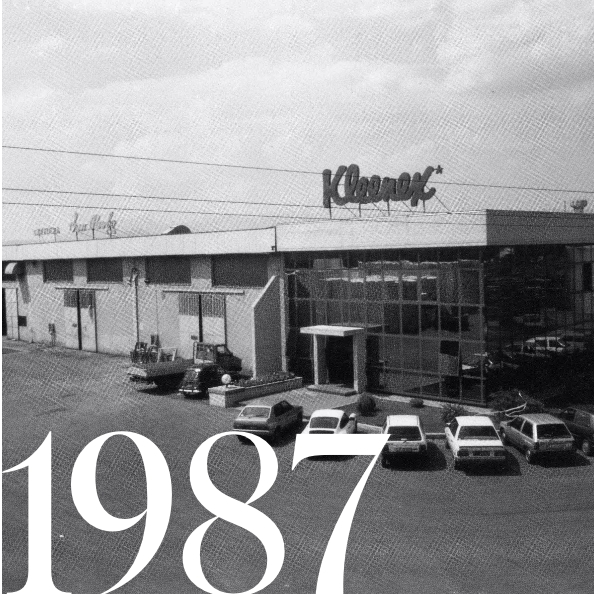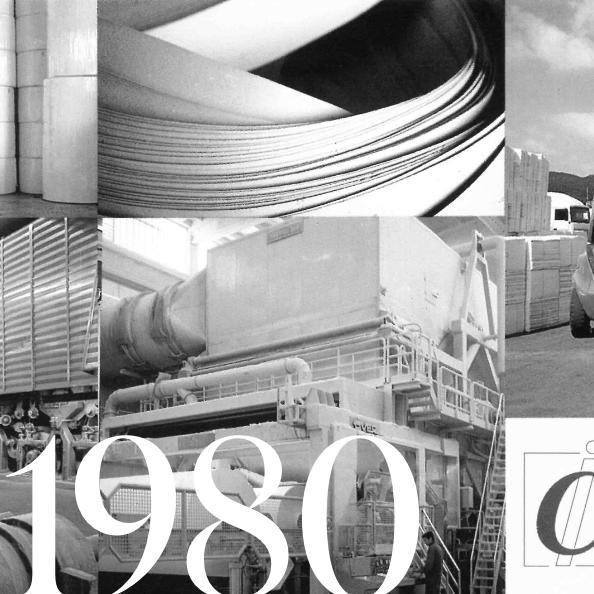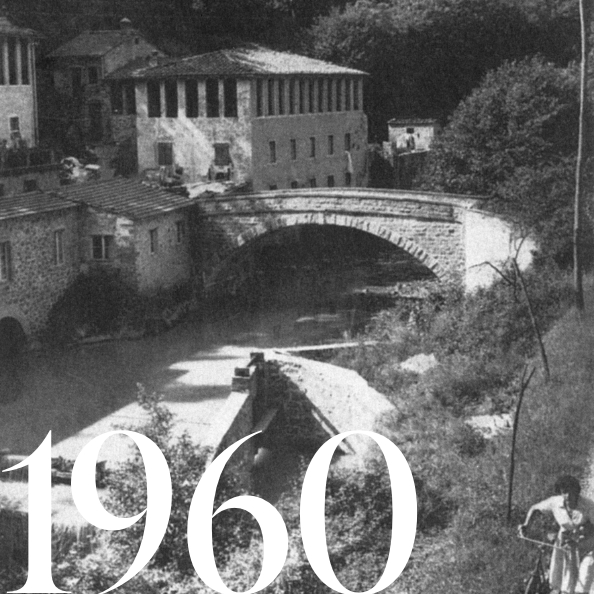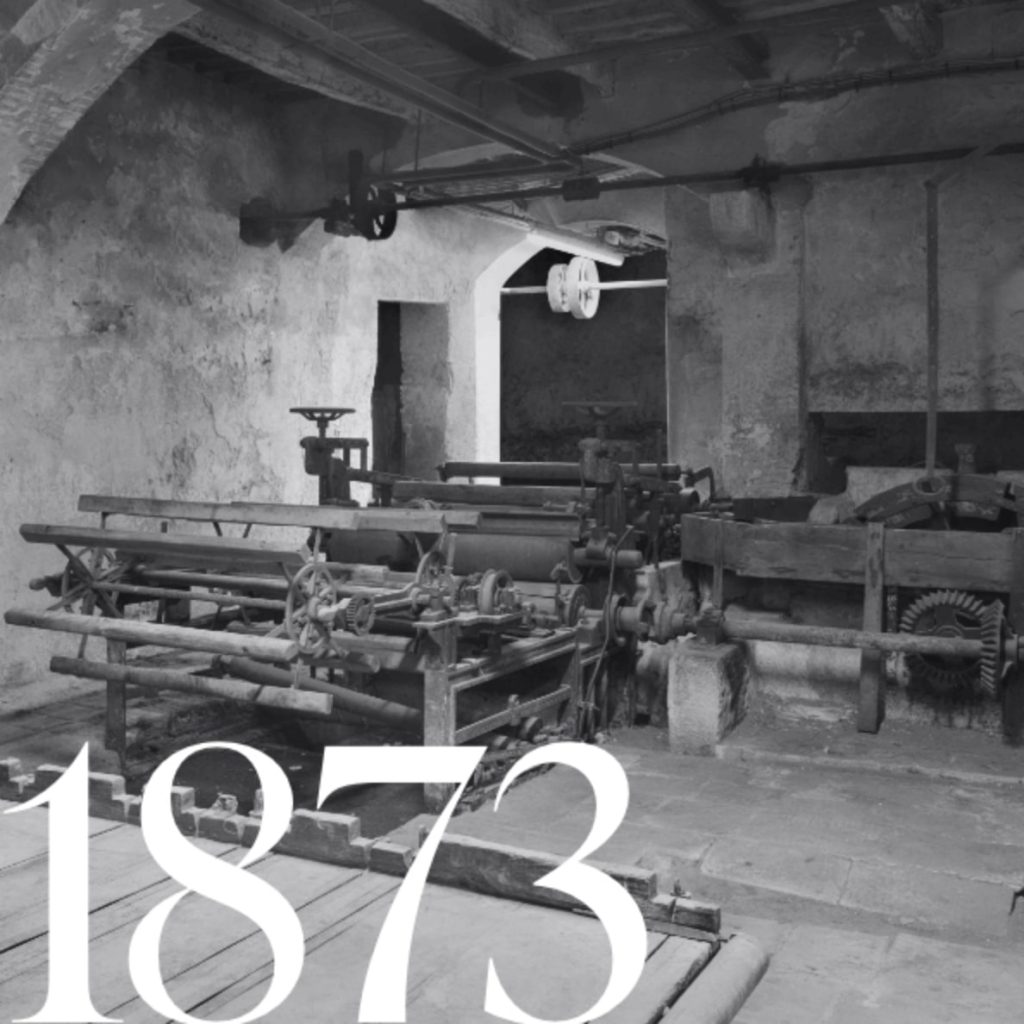Caring for quality /
Our daily commitment and work have allowed us to achieve certifications in various areas, from the quality of our products to that of our employees’ work. Discover our certifications so far. Scopri le certificazioni ottenute finora.
Caring for quality /
Our daily commitment and work have allowed us to achieve certifications in various areas, from the quality of our products to that of our employees’ work. Discover our certifications so far. Scopri le certificazioni ottenute finora.
CERTIFICATIONS /
QUALITY /

ISO 9001 is the internationally recognised reference standard for the quality management of any organisation that intends to respond both to the need for increased effectiveness and efficiency in internal processes and to growing market competition, by improving customer satisfaction and loyalty.
The primary purpose of ISO 9001 is the pursuit of customer satisfaction regarding the products and services provided, as well as the continuous improvement of company performance, allowing us to ensure our clients that the quality of our goods and services is maintained and improved over time.
We have achieved the ISO 9001:2015 Certification for our sites’ guidance and coordination activities.
| ISO 9001 |

The CHSA (Cleaning & Hygiene Suppliers Association) certification guarantees high quality standards for soft tissue products.
Anyone purchasing CHSA-certified products can rest assured that “what’s on the box is what’s in the box”: the products must contain exactly what is stated on the label.
To obtain this certification, a company must pass an initial audit carried out by independent inspectors, covering the entire product range.
Further checks are very frequent in the first year, to guarantee all required standards. Subsequently, checks are carried out by independent inspectors annually to ensure that standards are maintained, with random checks on both warehouse products and the production line.
| CHSA |
ENVIRONMENT

ISO 14001 is a voluntary international standard, applicable to any type of public or private organisation, which specifies the requirements for environmental management systems.
Achieving this certification is a reflection of our dedication to legal compliance and awareness about environmental commitment, about what can be done to reduce environmental impact, and how it can be managed to improve environmental performance.
| ISO 14001 |

Ecolabel is a mark that guarantees a product’s ecological quality. Environmental performance is assessed by analysing the entire life cycle of the product or service using an LCA (Life Cycle Assessment) analysis.
- For tissue paper the criteria aim to: Reduce the release of toxic or eutrophic substances in waters.
- Mitigate the damages or environmental risks associated with the use of energy (global warming, acidification, reduction of the ozone layer, depletion of non-renewable resources). Reduce or prevent risks for the environment and for human health in relation to the use of dangerous substances. Encourage the use of sustainable fibres.
- Apply sustainable management principles to safeguard forests.

- Sustainable raw materials and biodiversity
- Circular economy and resource efficiency
- Energy and climate
- Chemistry, nanoplastics and microplastics
| 5005 0059 |

The OK COMPOST TÜV certification, issued by the TÜV AUSTRIA certification body – an independent body recognised internationally – guarantees that a product meets the stringent requirements of the UNI EN 13432 standard.
The certification is indeed issued only if the following tests are passed:
- Disintegration
- Biodegradation
- Ecotoxicity
- Heavy metal content
There are two OK COMPOST TÜV certifications: OK COMPOST INDUSTRIAL – guarantees compliance with European regulation EN 13432 on compostability in industrial composting plants. OK COMPOST HOME – ensures decomposition in garden composters. At Cartiere Carrara we have certified through TÜV AUSTRIA our decorated and undecorated white cellulose napkins, recycled napkins, and mother reels for recycled napkins. These products have passed the tests for both domestic and industrial composting: therefore, they can be sorted both in the home composter and in industrial composting plants.
Pure cellulose napkins
Production sites: Pratovecchio,Carraia, Rogio, Arpino
| OK COMPOST TUV |
Recycled napkin paper mother reels
Production sites: Ferrania, Pratovecchio, Carraia, Rogio, Arpino
| OK COMPOST TUV |
Recycled napkins
Production sites: Ferrania, Pratovecchio, Carraia, Rogio, Arpino
| OK COMPOST TUV |

This German eco-label sets high standards for environmentally
friendly product design and has proven a reliable guide to sustainable production
and consumption over the last 40 years. Regarding tissue paper,
the benefits for the environment are: low use of energy and water in the
production process, products made from 100% recycled paper, particularly
low level of harmful materials.
| DISCOVER THE CERTIFICATION |
PRODUCT SAFETY

The IFS (International Food Standard) aims to encourage the effective selection of mass-retail food suppliers, based on their ability to supply products that are safe and compliant with contractual specifications as well as legal requirements.
The IFS Food standard is the result of the cooperation between representatives of Italian, German and French retailers, and is a model recognised both in Europe and in the rest of the world.
| IFS PRATOVECCHIO |
| IFS CARRAIA |
| IFS ROGIO |
| CARRARA LAB |

The BRC Global Standard for Food Safety was created in 1998 to guarantee that branded products are obtained according to well defined quality standards and in compliance with minimum requirements. It can be compared to a specification that binds qualified suppliers to their distribution company.
The standard was developed by the British Retail Consortium (BRC), which represents major British retailers. The BRC mark is therefore a necessary prerequisite to export our products, standing as a recognised guarantee of company reliability.
| BRC PRATOVECCHIO |
| BRC CARRAIA |
| BRC FERRANIA |

ISEGA is the German laboratory par excellence that can issue certifications of conformity with the BfR requirements for paper products.
BfR (Bundesinstitut für Risikobewertung) is the German institute for the analysis of risks related to consumer health. It is one of the leading European institutes for the regulation of materials in contact with dry foods, wet foods, and fatty foods, and for compliance with contact, for short periods of time, with skin and mucous membranes.
We have achieved the ISEGA certification for papers intended for contact with food and contact with the human body. This is the result of our use of raw materials selected and controlled from the origin, and of chemical products that respect the environment and human health.
SUSTAINABILITY OF RAW MATERIALS

The Forest Stewardship Council® (FSC®), founded in 1993 in Canada, is a non-governmental, non-profit organisation, which includes members of environmental and social groups, indigenous communities, consumer associations, forest owners, technicians, certification bodies, and wood processing and marketing enterprises.
The standard is applicable to materials of forestry origin (wood and wood derivatives and paper) with which various types of certifiable products can be made (e.g. chairs, furniture, books, tissue products, etc.), to wood-based products, and to non-wood forest products and/or recycled materials.
| FSC |

The Chain of Custody is a company-level traceability system used for all phases of wood processing and distribution, which certifies that the wood flow recording system used by the company itself meets the requirements established by the certification scheme and requires that no wood coming from controversial sources (e.g. illegal felling, or felling in protected areas) can enter the chain of certified products.
PEFC™ Italia is a non-profit association that constitutes the national governing body of the PEFC™ certification system (Programme for Endorsement of Forest Certification schemes), i.e. the Assessment Programme of forest certification schemes.
In brief, this certification guarantees that our company possesses and uses the security mechanisms necessary to track certified products within its production process.
| PEFC |
ENERGY

ISO 50001 is the standard that specifies the requirements for creating, starting, maintaining, and improving an Energy Management System.
At Cartiere Carrara we have made the requirements of the standard our own, so we can now rely on an Energy Management System based on the measurement of electrical and thermal energy consumption, data collection, and detailed analysis, in order to optimise the production process and constantly improve our baseline in terms of energy consumed per kilogram of paper produced.
In addition to implementing actions aimed to improve processes’ energy efficiency, we pay constant attention to the rational use of energy and to the use of renewable energy sources, as our contribution to cleaner and more environmentally friendly technology. All this ensures that our employees are sensitive to the topic of energy, and that each individual plays their part to achieve these objectives.
| ISO 50001 |
HEALTH AND SAFETY AT WORK

ISO 45001 represents an organisational tool that allows companies to manage worker safety in an organic and systematic way, without upsetting their organisational structure, focusing on the following requirements:
- Implementation of methods for controlling activities related to identified significant risks, including processes such as design and maintenance.
- Preparation of measures to identify, prevent, and control possible accidental events (accidents and near misses) and emergencies.
- Monitoring and measuring of system performances for health and safety, as well as for legislative compliance.
- Definition and implementation of systematic (in case of injuries, accidents, non-compliance, corrective and preventive actions) and periodic checks on the adequacy of the management system.
- Identification and assessment of risks and dangers connected to activities carried out by third parties at the organisation’s site.
| ISO 45001 |
SOCIAL RESPONSIBILITY

The SA 8000 international standard is a management model that aims to enhance and protect all personnel falling within the area of control and influence of the organisations that adopt it. The standard allows companies to:
- Improve human resources’ conditions
- Promote ethical and fair treatment of human resources
- Embrace international human rights conventions
The SA 8000 standard represents the international certification standard that defines the voluntary requirements that employers must comply with in the workplace, including workers’ rights, workplace conditions, and management systems. This standard represents a tool for us to measure the degree to which we take responsibility towards our employees and the community that lives in our territory.
| SA8000 |

